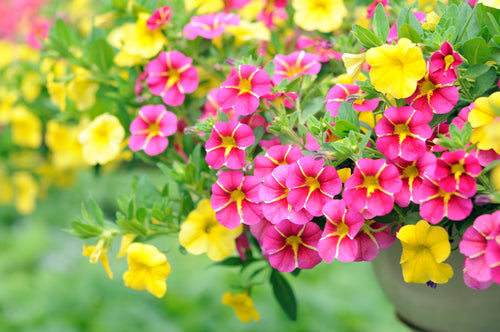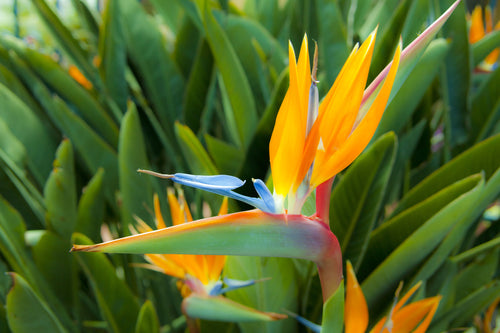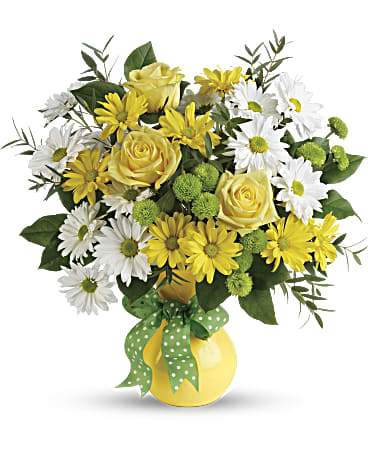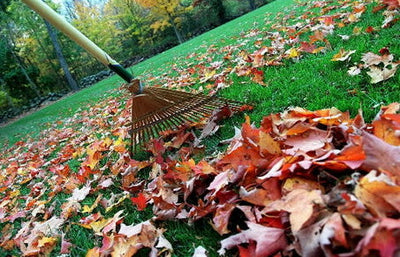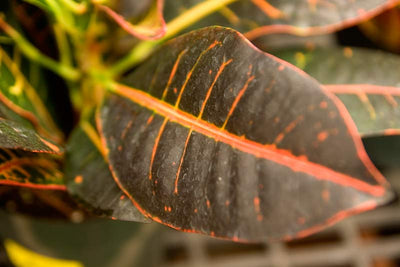A thorough lawn clean-up is very important. Rake up any remaining leaves in between snows if necessary. Heavy layers of decomposing leaves can cause disease problems and kill the lawn underneath them. Stay off frozen lawns to avoid winter damage. Sodium chloride or rock salt used to melt snow near lawns or landscape plants will cause damage! Calcium chloride (a component of conventional fertilizer), kitty litter, or sand is more environmentally friendly. Avoid trying to remove heavy snow and ice from shrubs and trees. A coating of ice will make branches very brittle and you’ll do more damage than good. It’s best to let your landscape plants thaw out naturally. Shrubs that ‘flop’ over because of snow should be protected with a tent of burlap before heavy snows and ice hits. Place wooden stakes around the shrub and staple burlap in place. Leave some space for side movement, the top can be left partially open.
Remove and save the boughs from your Christmas trees, they make excellent mulch for perennials. Spread the boughs evenly across the planting beds even if there is snow cover. The needles can be added to your compost pile in the spring. The needles also make great mulch for acid loving plants such as rhododendrons and azaleas.
EVERGREENS: Keep watering your evergreens until the ground freezes. Evergreens can dry out during the winter. Apply Bonide Wilt Stop which is a natural nontoxic product derived from the resin of pine trees. Bonide Wilt Stop forms a soft, clear, flexible film on treated plants. This film protects plants from drying out, drought, wind burn, sun scald, winter kill, transplant shock, salt damage, while at the same time allowing them to grow naturally. Apply in the late fall when the temperature is still above freezing. Bonide Wilt Stop can be used on Boxwoods, Rhododendrons, Azaleas, and other winter sensitive plants. Another form of plant protection is Burlap, 100% natural and biodegradable material. You can use it to wrap trees and shrubs and helps protect these plants against harsh, cold winds, snow, ice, salt and snow melt chemicals.
Houseplants should be inspected at least once a week for insects and disease. Early detection is the key to avoid incurable and costly troubles.
If you have any type of plant problem place a sample in a sealed plastic bag and bring it to our garden center for a diagnosis and cure. Our staff is here to help!



